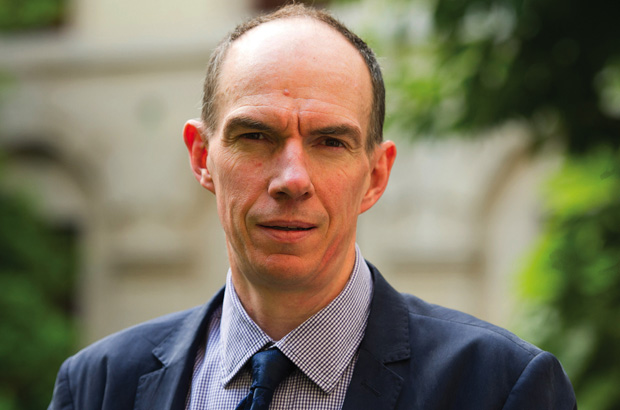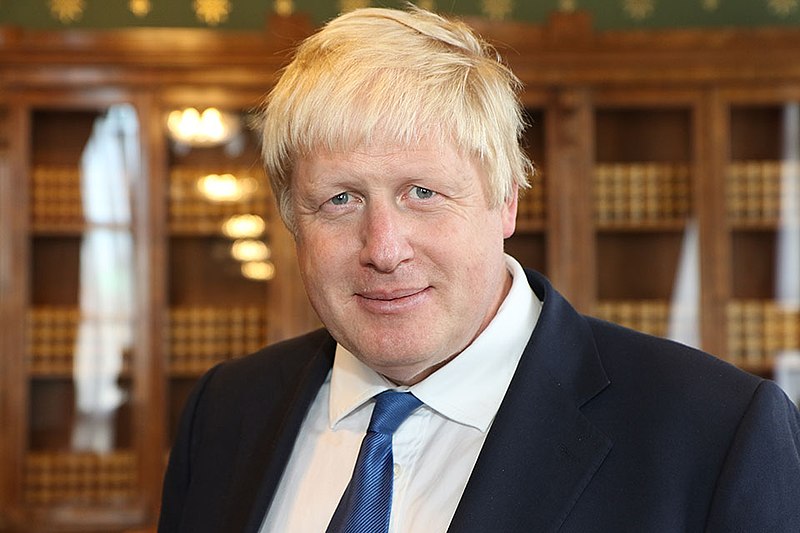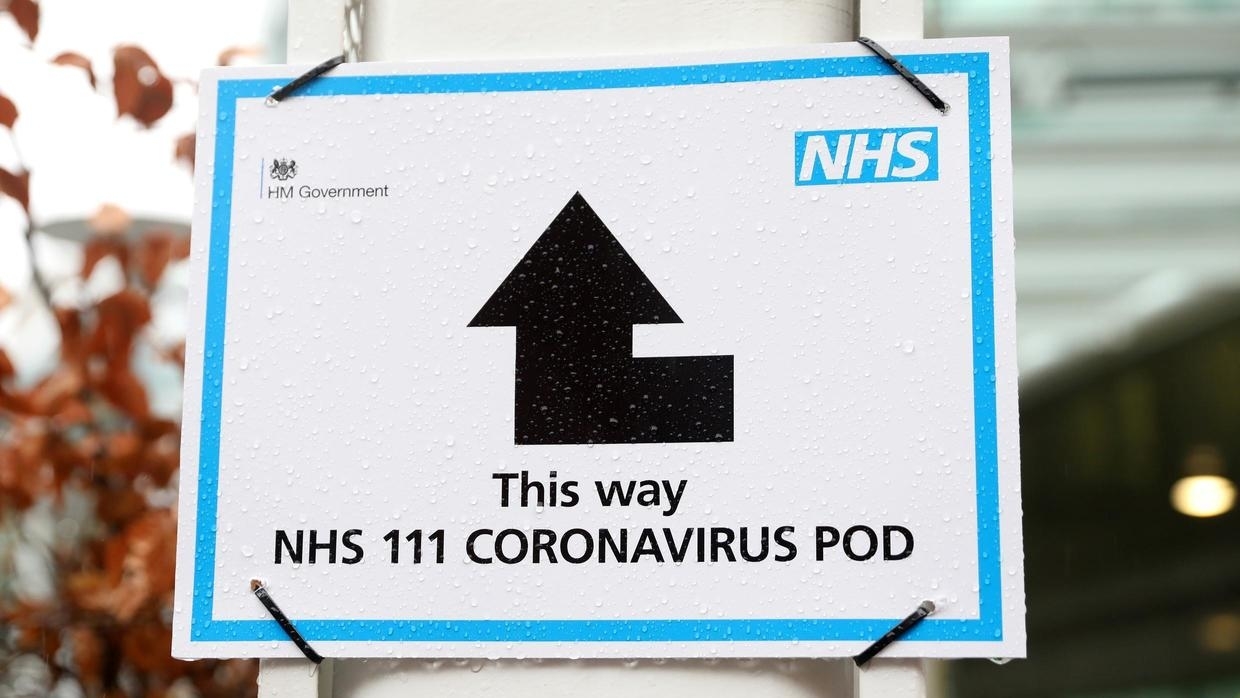
A new report has revealed that over a third of newly qualified doctors in the UK are graduating from medical school without receiving any specialized sexual misconduct
training. The study, which conducted Freedom of Information requests to all 34 medical schools in the UK, found a lack of standardization in sexual misconduct training.
Only 22 universities in the country offer workshops and lectures addressing sexual misconduct, with just over half of them providing some form of training. Experts have expressed concern over these findings, emphasizing the need for universities to urgently address this issue.
This revelation comes in the wake of another shocking study that uncovered ongoing instances of sexual assaults against female NHS surgeons in the workplace. Nearly one in three female surgeons in the health service reported being sexually assaulted in the last five years, with 11 instances of rape documented in the study.
The researchers at the University of Cambridge, who conducted the study, identified 35 training opportunities among the 34 universities, with 29 being compulsory and six optional for students. However, the study highlighted a lack of standardization in training related to sexual misconduct across medical universities in the UK. Some schools provided no training, while others offered generalized harassment training unrelated to sexual misconduct in a medical context.
The General Medical Council (GMC) guidelines served as a reference for the training offered by medical schools. While the GMC provides standards of conduct, it lacks comprehensive skills-focused content that equips individuals with intervention techniques or strategies for addressing such behaviors in clinical settings.
In August, the GMC issued new professional standards for doctors, including explicit rules on sexual misconduct, but these standards will not take effect until the end of January following a five-month familiarization period.
A previous freedom of information request to NHS Resolution revealed that the health service paid over £4 million in damages for sexual misconduct between 2018 and 2022. Additionally, a survey of 2,500 doctors by the British Medical Association found that a third of female respondents and a quarter of male respondents had experienced unwanted physical conduct in the workplace.
Dr. Sarah Steele, the study's lead researcher and a senior research associate in public health at the University of Cambridge, emphasized the need for universities and professional bodies to address this problem urgently. She highlighted the significant variations in teaching methods and content and stressed the importance of researching the most effective approaches to improve clinicians' responses to abuse and discrimination.
The GMC's professional standards have made it essential for medical schools to provide this training, as tomorrow's doctors must be properly trained to adopt a zero-tolerance approach to sexual misconduct.
The study's authors also acknowledged potential limitations, such as unclear or incomplete responses from universities and the need to explore training practices globally, given the presence of foreign-born and overseas-trained doctors in the NHS.





























































